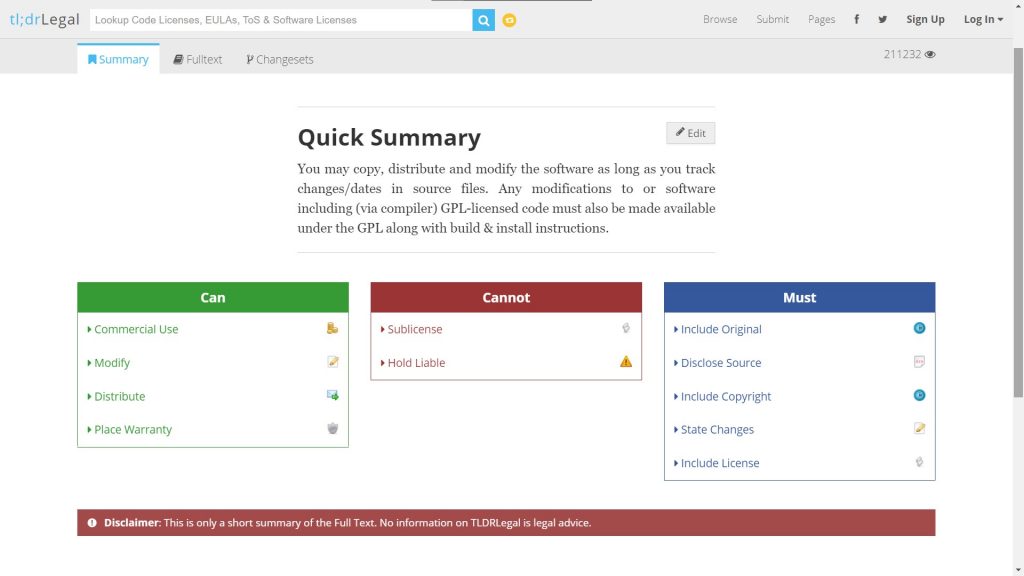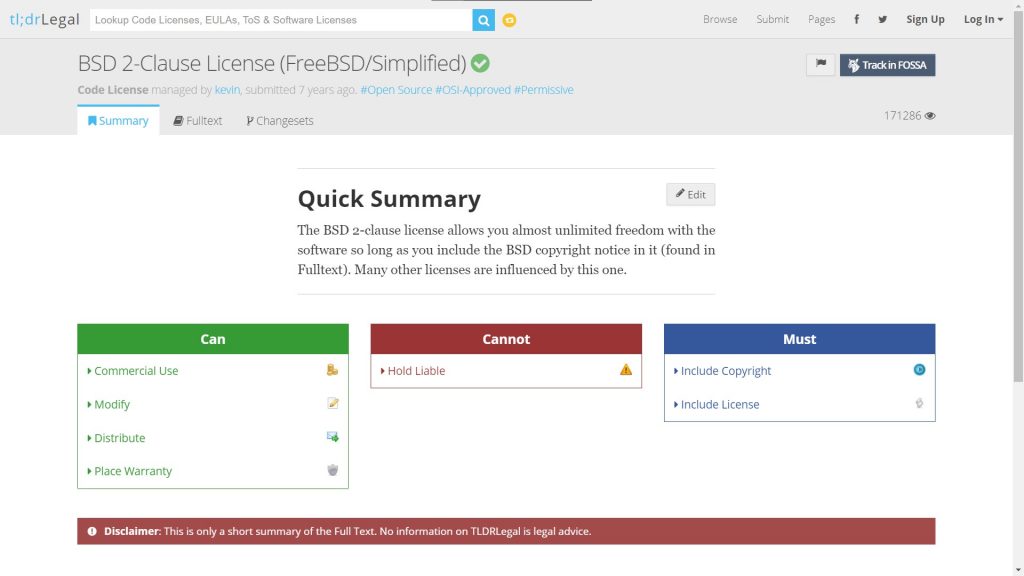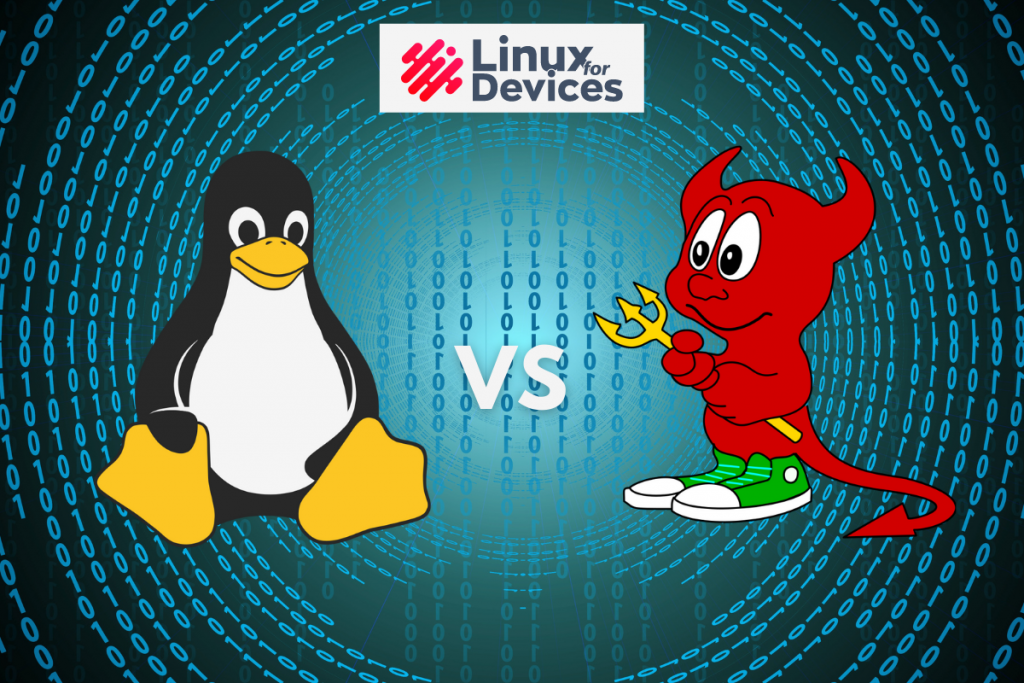In this article, we will compare Unix-like operating systems Linux vs BSD.
Also read: Ubuntu vs Lubuntu: Top 8 Differences Between Ubuntu and Lubuntu
Brief Intro to Linux
Linux is a free and open-source Unix-like operating system kernel first released in 1991 by Linus Torvalds. Linux is not an operating system in itself.
The Linux kernel and the userland together result in a full-fledged operating system. The software and libraries in the userland, many of which come from the GNU project. Many Linux distributions use the word “Linux” in their name, though sometimes “GNU/Linux” is used instead to emphasize the importance of the GNU tools in a Linux distribution.
Linux was referred to as a “free UNIX clone” in a GNU bulletin.
Brief Intro to BSD
BSD or Berkeley Software Distribution is a discontinued operating system based on Unix. The term “BSD” now commonly refers to its Unix-like operating system descendants, which includes FreeBSD, OpenBSD, NetBSD, GhostBSD, and DragonFly BSD.
When we talk about BSD operating systems, we are talking about a complete operating system and not just the kernel. BSD operating systems are developed as a whole from the kernel to the userland usually, in one place.
BSD operating systems are the direct descendants of the Unix operating system. Though most of the original Unix operating system code has been replaced.
Linux vs BSD – Comparing individual pointers
In this section, we will compare Linux with BSD.
#1: Licensing
The Linux kernel source code is licensed under the GNU General Public License version 2.

Source: tldrlegal
You can find a copy of the actual GPLv2 here.
BSD operating systems are licensed under their licenses known as BSD Licenses, which are fairly more permissible with minimal restrictions compared to the Linux licensing.

Source: tldrlegal
You can read more about the license here.
#2: Hardware Support
Linux distributions have more and recent hardware support.
BSD operating systems have very limited hardware support.
#3: Performance & Stability
Linux distributions are great in performance & stability and power some of the supercomputers to the big multinational corporations where high availability of the server is required.
BSD operating systems are comparable to Linux in performance and boats rock-solid stability. Historically, FreeBSD used to have the most efficient network stack under high server load. BSD operating systems have also been used for powering gaming consoles to powering major streaming services and corporations.
#4: Software Availability
Linux distributions have more and recent binary releases for the applications available.
BSD operating systems have a more conservative approach towards the applications.
#5: Security
Linux and BSD both have high levels of security.
#6: Documentation
Linux has a huge user community and good documentation.
BSD operating systems (like FreeBSD) have very excellent documentation.
#7: Key Points
- Most of the Linux distributions use a systemd daemon to manage other daemons, unlike BSD operating systems. BSD operating systems have decided to stick with the UNIX roots and thus use more traditional init systems.
- BSD operating systems (like FreeBSD & FreeNAS) come with the ZFS filesystem support out-of-the-box.
- BSD operating systems and macOS share most of the userland utilities and the C libraries.
- BSD operating systems (like FreeBSD) has a great software collection in the form of ports.
Conclusion
In the above article, we have compared Linux with BSD operating systems.
Thank you for reading! 😀
